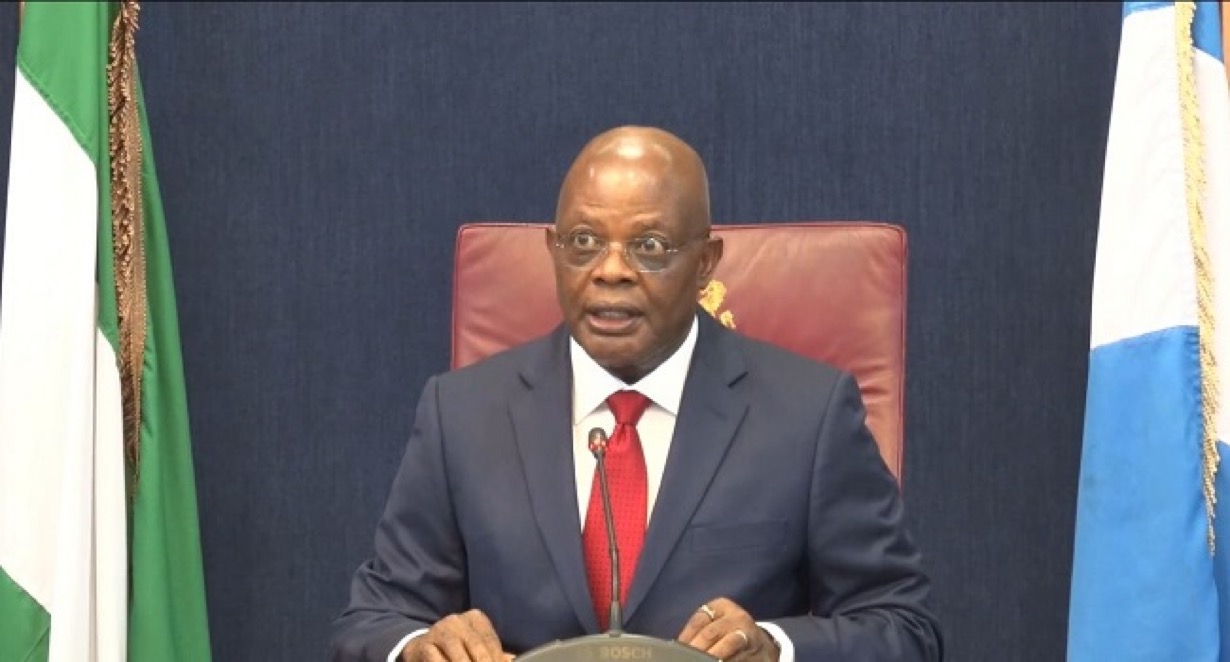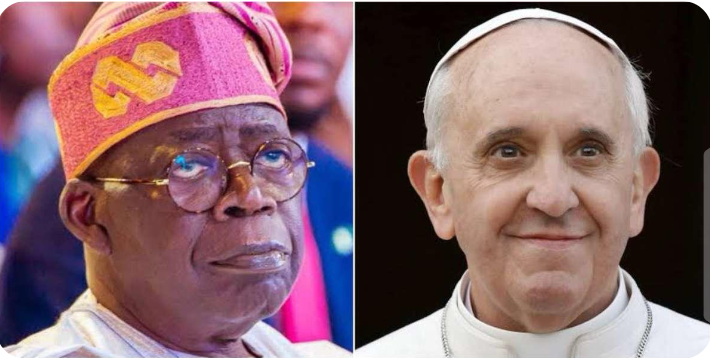
BREAKING NEWS: Administrator of Rivers State Approves LGA Appointments Amid Controversy

On April 9, 2025, Vice Admiral (Rtd) Ibok-Ete Ekwe Ibas, the Sole Administrator of Rivers State, made a significant announcement that has stirred both political and legal debates across Nigeria.
Ibas, who assumed his role on March 18, 2025, following a state of emergency declared by President Bola Tinubu, approved the appointment of administrators to oversee the 23 Local Government Areas (LGAs) in Rivers State.
Alongside this, he also reconstituted several previously suspended boards of agencies, commissions, and parastatals, signaling a major restructuring of local governance in the oil-rich state.
This move, however, has ignited widespread criticism and raised questions about its alignment with Nigeria’s constitutional framework and recent judicial rulings.
The backdrop to this development is a deeply polarized political climate in Rivers State.
President Tinubu declared a state of emergency in March 2025, suspending the state’s governor, deputy governor, and lawmakers for six months due to escalating political tensions.
This followed reports of internal conflicts within the People’s Democratic Party (PDP), to which Governor Siminalayi Fubara belongs, and a broader rift with Tinubu’s All Progressives Congress (APC).
The appointment of Ibas as Sole Administrator was intended to stabilize the state, but his recent actions have instead fueled accusations of overreach and a deliberate undermining of democratic principles.
The controversy surrounding Ibas’s decision stems from its apparent contradiction with a landmark Supreme Court ruling. On July 11, 2024, the Supreme Court had declared that local government elections must be conducted by democratically elected officials, explicitly banning the use of caretaker committees or appointed administrators to manage LGAs.
This ruling came after the court nullified the LGA elections held in Rivers State on October 5, 2024, due to irregularities, emphasizing that only properly elected officials should govern at the local level.
Ibas’s appointment of administrators, therefore, is seen by many as a direct violation of this judicial directive, as it bypasses the democratic process mandated by the court.
Furthermore, the 1999 Nigerian Constitution, which divides the country’s governance into federal, state, and local tiers, clearly stipulates that LGAs must be governed by elected councils led by chairmen, with councillors forming the legislative arm.
This constitutional provision underscores the importance of local governance as a fundamental pillar of Nigeria’s democracy.
Critics argue that Ibas’s actions not only contravene the Constitution but also centralize power in the hands of the Sole Administrator, eroding the autonomy of local governments and setting a dangerous precedent for democratic governance in the country.
The Nigerian Bar Association (NBA) and other civil society groups have been vocal in their condemnation of the move.
They assert that appointing administrators instead of holding fresh elections as directed by the Supreme Court is a blatant disregard for the rule of law.
This development has also intensified the ongoing debate about the balance of power between federal and state authorities in Nigeria.
Many see Tinubu’s declaration of a state of emergency and the subsequent actions of Ibas as an attempt by the federal government to exert control over Rivers State, a key economic hub due to its oil resources, at the expense of democratic norms.
Public reactions on platforms like X reflect the polarized views on this issue. Some users have expressed support for Ibas’s actions, viewing them as a necessary step to restore order in a state plagued by political turmoil.
Others, however, have decried the move as a “joke taken too far,” with some even calling for President Tinubu’s impeachment, arguing that his administration has become a threat to democracy.
The tension in Rivers State highlights a broader challenge facing Nigeria: the struggle to maintain democratic integrity amid political crises and power struggles.
As the situation unfolds, the nation watches closely to see whether legal challenges or public pressure will force a reversal of Ibas’s controversial appointments.


